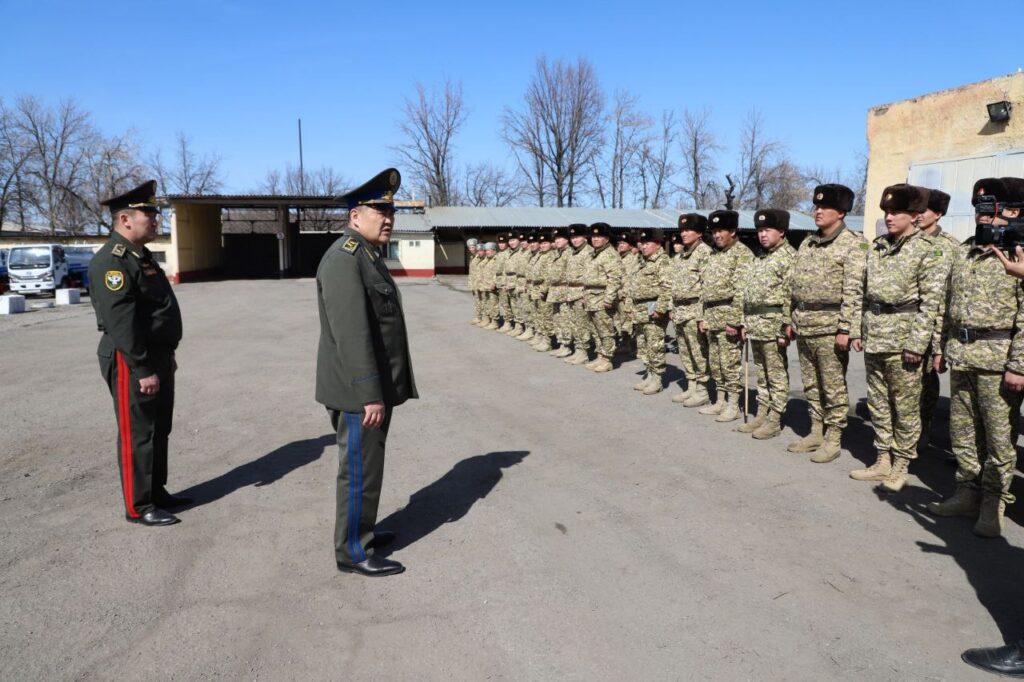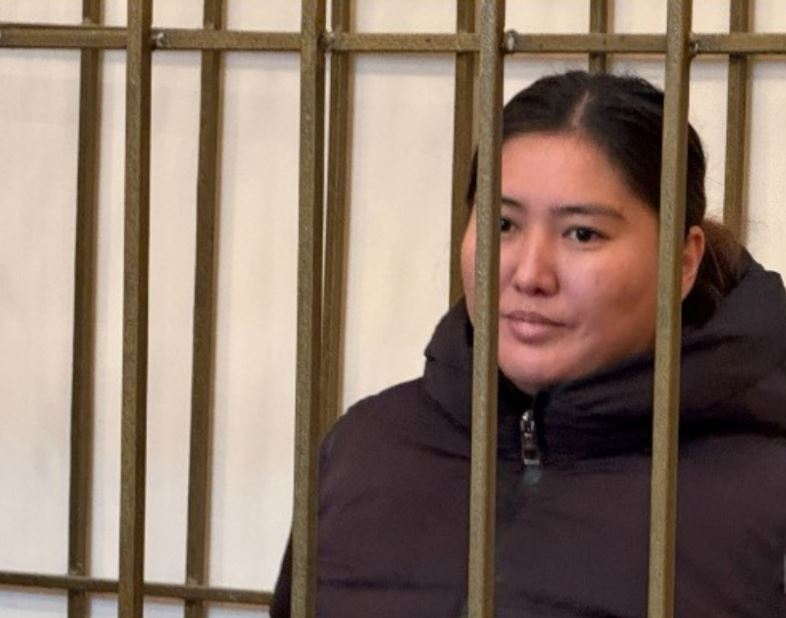Growth of Non-Custodial Sentences in the Kyrgyz Republic Since 2020
The Kyrgyz Republic has reported a decrease of its prison population, which speaks to the ongoing humanization of its criminal justice system. In 2023, the prison population amounted to just 7,728 persons, a 20% decrease compared to 2020 (9,658 prisoners). Despite a 22% increase in the number of convictions, from 5,074 in 2020 to 6,202 in 2023, the number of non-custodial sentences has risen by 55 %. This information was relayed at a roundtable discussion organized by the Ministry of Justice and the UNODC Programme Office in the Kyrgyz Republic on 17 April 2024. Within the framework of the EU-co-funded project, JUST4ALL, which focuses on the establishment of a probation and criminal justice information management systems, the UNODC conducted an analytical review on the judicial practice of custodial and non-custodial sentences between 2020 and 2023. This research was aimed at analyzing court decisions on alternatives to incarceration, and collecting data to inform evidence-based technical assistance within the aforementioned project. An intra-agency working group was tasked with conducting an analytical review by representatives from the Supreme Court, the General Prosecutor's Office, the Prison Service, and the Probation Department. Zarylbek uulu Almazbek, Deputy Minister of Justice of the Republic emphasized that this analysis would help identify positive aspects and shortcomings in the current system. "This work is necessary and relevant, and we are convinced that it will contribute, among other things, to the harmonization of regulatory legal acts, as well as improved cooperation and interaction with government agencies," Almazbek stated. Cosimo Lamberti-Fossati, Project Manager for the EU delegation noted that the EU-funded “JUST4ALL project plays a key role in promoting the humanization of the criminal justice system in Kyrgyzstan through strengthening the probation system. The collection and analysis of data on criminal justice is key to informing evidence-based sustainable policies and decision making.” Participants at the roundtable highlighted the positive role of the probation service, and the need for tailored approaches when it comes to the social reintegration and rehabilitation. Further challenges include ensuring staff are well-equipped to address the needs of their clients by creating appropriate working conditions and tackling the high turnover rate of probation officers. The participants also agreed on the need to strengthen multistakeholder synergies when implementing alternatives to detention, bringing stakeholders together and allowing them to have an open exchange in a trusted environment. JUST4ALL builds on the United Nations Standard Minimum Rules for Non-custodial Measures (the Tokyo Rules), which encourages Member States to develop non-custodial measures within their legal system to provide alternatives, thus reducing the use of imprisonment, as well as to rationalize criminal justice policies, consider human rights, the requirements of social justice, and the rehabilitation needs of the offender. Vasilina Brazhko is a specialist at the United Nations Office on Drugs and Crime in Central Asia








